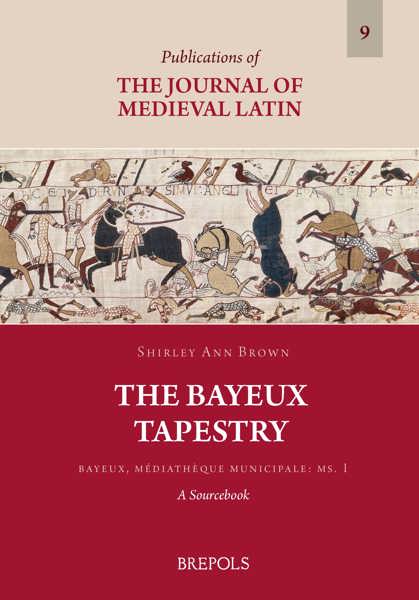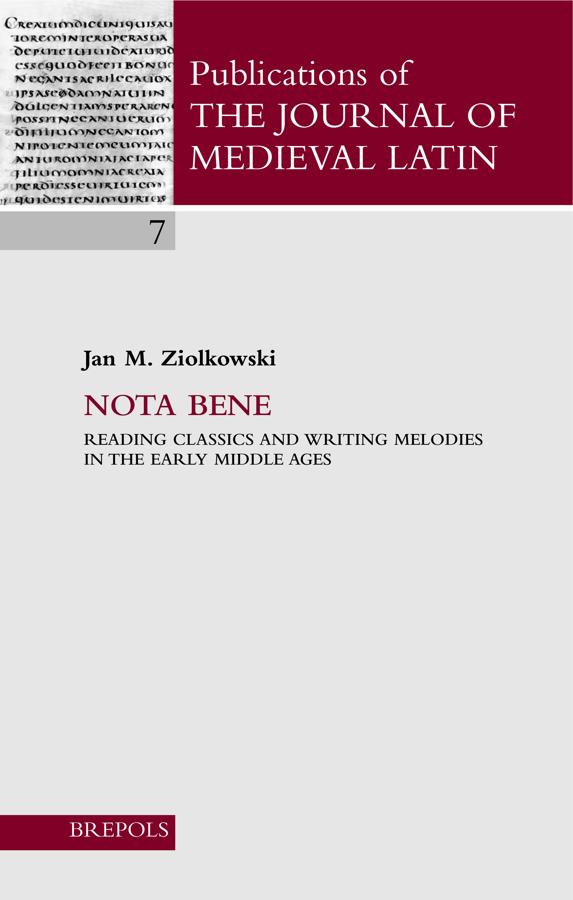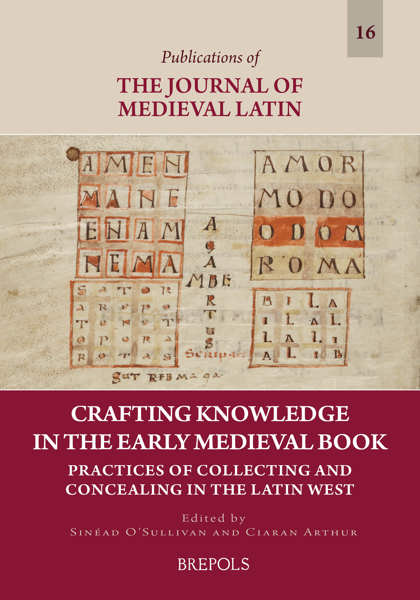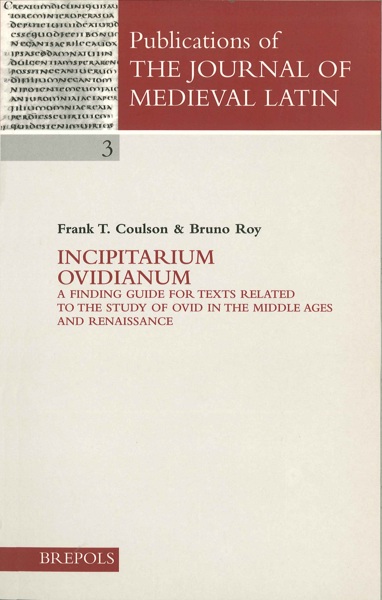
- Pages: 362 p.
- Size:160 x 250 mm
- Illustrations:14 b/w
- Language(s):English, Latin
- Publication Year:2007
- € 60,00 EXCL. VAT RETAIL PRICE
- ISBN: 978-2-503-52534-1
- Paperback
- Available
"Study of Ziolkowski's arguments should equip readers with greater appreciation for the role of the classics in early medieval education. [...] the issue Ziolkowski examines - Latin literacy, oral performance and memorial versus textual cultures, the relation of the liturgy to the Latin classics, Ottonian pedagogy, and attitudes toward the classics - are of critical importance for the understanding of medieval literature. [...] [The book] is everywhere lucid and often entertaining."
(J. M. Dean, in Philological Quarterly 87, 2008, p. 196)
"Obwohl viele Fragen zwangsläufig offen bleiben, ist dieses Buch reich an wichtigen neuen Erkenntnissen zum frühma. Schul- und Bildungswesen und öffnet den Zugang zu weiteren Forschungen."
(V.L., in Deutsches Archiv für Erforschung des Mittelalters 66/2, 2010, S. 952)
Between the late tenth century and the late twelfth century, the musical notation known as neumes was provided in dozens of manuscripts for, among other texts, a number of Horace's Odes as well as for sections of epics by Lucan, Statius, and Vergil. These materials constitute a paradoxical corpus of "classical poems in plainchant" that complicates our views of both how students learned Latin and what was being sung in an era most often associated with Gregorian chant. The book wrestles first with the literary-historical puzzle of why certain passages and not others were "neumed" and later with the ethnomusicological riddles of how, where, when, and by whom the passages were sung.
Jan M. Ziolkowski is Arthur Kingsley Porter Professor of Medieval Latin at Harvard University, and the editor/translator of The Cambridge Songs.




